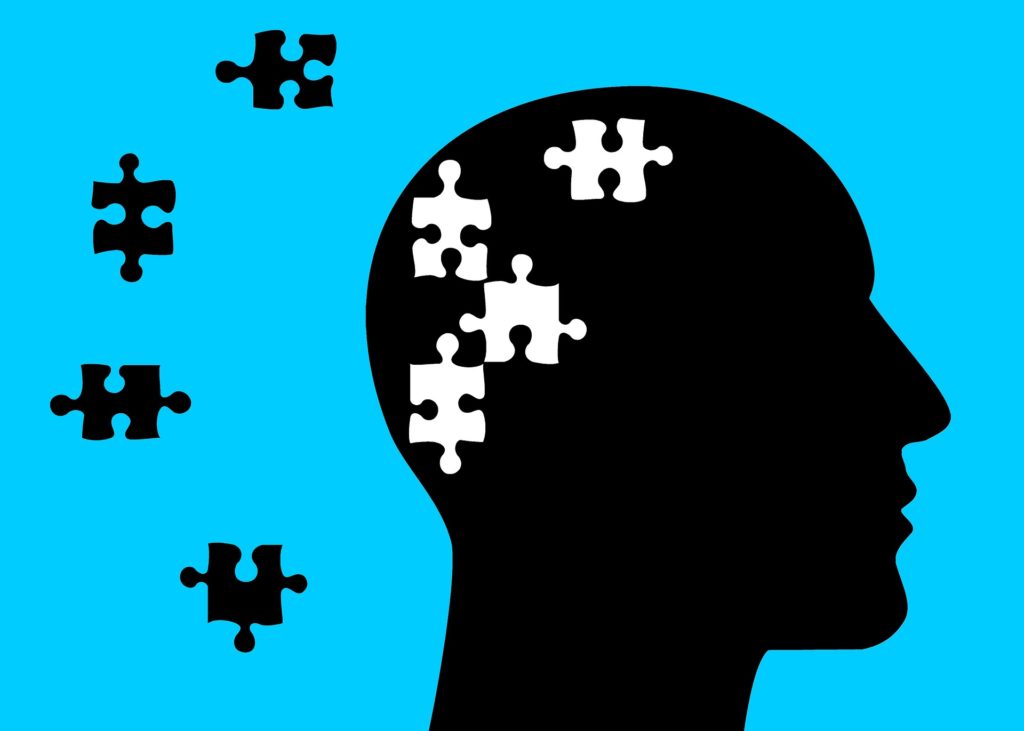FAQs
What is Mental Health Diversion?
Mental health diversion recognizes that it is not fair for a person with mental illness to face criminal prosecutions and the associated punishments for relatively minor offences that pose a low risk to the general public.
The mental health diversion program is now widely used in Calgary and the rest of Alberta for both adults and adolescents who are mentally ill and charged with such offences.

Can you use the mental health diversion to escape a criminal record?
If you have a history of mental illness or your actions can be shown to have been a result of mental impairment, it is possible for your lawyer to appeal to the prosecution for the mental health diversion.
This means that instead of facing a trial and a possible criminal record, you are given time to get the treatment you need for your disorder.
Your lawyer will need to show that:
- Your disorder contributed to the commission of the offence, and
- You will receive treatment that reduces your risk of reoffending
The mental health diversion program reflects the growing awareness in our society of how much mental health influences people’s actions in life.
Criminal activity can and does happen as a result of mental impairment. People who suffer from this type of disorder should not be criminalized but, instead, helped by society and given an opportunity to amend their behaviours to be more socially acceptable.
Mental health diversion may be used where an individual suffers from such a disorder and has allegedly committed an offence that has not resulted in consequences that are too serious.
This may include:
- Theft
- Minor cases of fraud
- Minor assaults
- Obstructions
- Public intoxication
Occasionally, more serious offences like break and enter or domestic assault may be considered eligible for the diversion but this will require a highly skilled defence lawyer to argue the case with the prosecution.
You will rarely be able to argue for the mental health diversion where someone has been seriously injured, killed, or other serious consequences have resulted from your actions. The prosecution’s duty is to seek justice for the victim(s) and the family and they will almost always push for criminal prosecution.
It is important to note that the mental health diversion is not a “get out of jail free” card. You still need to take responsibility for your actions. However, it allows you to take measures to correct your behaviour out of prison and without the threat of a criminal record negatively impacting the rest of your life.
So, if eligible for a mental health diversion, you will not face criminal charges and you will not have to attend a trial or enter a guilty plea.
Instead, you will first be evaluated by healthcare workers and, if you meet the criteria of the diversion program, you will be awarded a three-month court extension to complete the treatment.
After treatment has been successfully completed, Cory Wilson will ask the court for the criminal charges against you to be withdrawn. This is generally granted by the judge except where there are unforeseen circumstances in the case.
What types of mental illnesses are eligible for diversion?
Application of the mental health diversion varies from one courthouse to another in Calgary but the requirement will usually involve visiting a doctor regularly and taking medication, if necessary.
The exact terms of the diversion will be set out by the Crown and it will depend upon the type of mental illness you are suffering from and the type of crime allegedly committed
In general, people accepted into the program suffer a significant mental disorder that may be related to:
- Schizophrenia
- Psychotic disorders
- Mood disorders
- Perception or thought disorders
- Memory disorders
- Orientation disorders
- Anxiety and/or depression
Often, people with such conditions also suffer from drug-or-alcohol-related addictions, which makes their situation worse.
If eligible for the diversion, seeking treatment in the community will be a strict condition, in order to reduce the likelihood of re-offending.
Many Crown attorneys also request that the accused signs a peace bond. This is a court order where the accused individual agrees to keep the peace, be of good behaviour, and to obey certain conditions.
As mentioned, if your crime is deemed too serious by the Crown, mental health diversion cannot be offered and you will have to face criminal charges.
However, as an experienced defence lawyer, Cory Wilson may be able to argue your case with the Crown for treatment in the community rather than criminal prosecution.
If this is not possible, we may still be able to argue in court that you were less morally blameworthy due to your disorder or mental condition, and therefore entitled to a more lenient sentence (with the possibility of no criminal record).
Accused of a crime and not sure what to do?
If you or a loved one has been accused of a crime in Calgary that may be eligible for the mental health diversion, it’s important to seek experienced legal counsel as soon as possible.
Speak to Cory Wilson, your experienced criminal defence lawyer, for a free case evaluation.
About Cory Wilson

Cory has represented individuals from all walks of life including lawyers, police officers, athletes, corporate executives, teachers, and everything in between. Cory believes in access to justice for every person charged with a criminal offence regardless of their economic background.